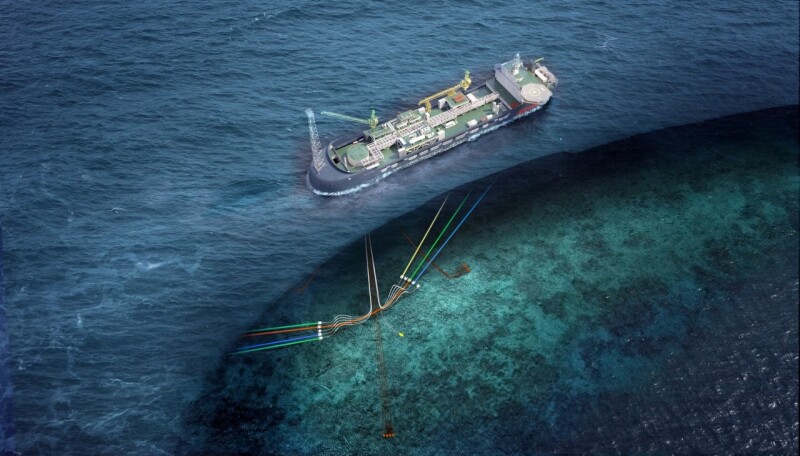The Canadian government approved a $12-billion Bay du Nord offshore oil project proposed by Norway's Equinor and Canadian partner Cenovus. The decision comes following the conclusion of a multiyear environmental assessment that found the project would not likely cause significant adverse environmental effects to the planned development area.
The project comprises several oil discoveries in the Flemish Pass Basin, some 500 km northeast of St. John’s in Newfoundland and Labrador, Canada. The first discovery was made by Equinor in 2013, followed by additional discoveries in 2015, 2016, and 2020. The estimated recoverable resource from the project is around 300 million BOE, and it is expected to generate $2.8 billion in government revenues.
Confirmed discoveries in 2020 in adjacent exploration license EL1156 (Cappahayden and Cambriol East) are being viewed as potential tie-ins to the development. The Bay du Nord discovery is in about 1170 m of water. The new discoveries are at about 650 m water depth.
The partners are considering developing the Bay du Nord field using a 200,000-B/D floating production, storage, and offloading vessel (FPSO), which could host both the parent field and others. As proposed, Bay du Nord would be in operation for 30 years, with the potential for additional wells and tiebacks to the facility.
The partners have yet to make a final investment decision, but Equinor said it welcomed the ministry's decision.
“We now look forward to progressing this key investment in Canada—which has the potential to produce the lowest-carbon oil in the country,” Equinor said in a statement.
Canada's Environment Minister Steven Guilbeault said the decision, 4 years in the making, was difficult, but pointed out that the project is subject to 137 conditions, including a new one for offshore projects—meeting net zero emissions by 2050.
The resource potential at Bay du Nord could grow following planned evaluation of the more recently confirmed Cappahayden and Cambriol East discoveries. Additionally, more wells are planned for the area, including one at the Sitka prospects later this year.
Equinor operates Bay du Nord with a 65% working interest. Partner Cenovus holds the remaining 35% stake. Equinor (60%) and its partner BP Canada (40%) own the Cappahayden and Cambriol finds.
Equinor has been active in Canada for more than 20 years and operates three discoveries in the Flemish Pass Basin: Bay du Nord and Harpoon, discovered in 2013, and Mizzen, discovered in 2010.


